1 Kg. 19:4-8; Ps. 34:2-9; Eph. 4:30-5:2; Jn. 6:41-51
“I am the bread of life…taste and see the goodness of the Lord”. Today Jesus reveals himself to be the fulfillment of the prophesy “They shall all be taught by God” not as the Jews anticipated but as God reveals through Jesus Christ. While the Jews question the validity of Jesus proclamation “I have come down from heaven” by only recognizing his humanity as the “son of Joseph” while they claim to know “his father and mother”, Jesus is announcing his divinity as the Son of God. In announcing “I am” Jesus declares the great “I AM” of God himself is the bread of life and he now stands before them as the “I am” who is one with God and whose name was given to Moses for God the Father.
In following the readings from the past Sundays of Ordinary Time, Jesus first is the “Teacher” to the Jews, then in his miracles he feeds the thousands to be recognized as “The Prophet” they were waiting to arrive from God. Now he takes them into new waters of revelation and faith by declaring himself from heaven coming as God for his people. Can anything be more amazing and challenging to the faith? Would we have reacted any different than the Jews if we had been standing there hearing this proclamation? How many of us would have walked away incredulous and how many of us remain incredulous?
Many are still incredulous as to the body and blood of Jesus in the Eucharist and the world is incredulous that God exists. Today we can taste and see the goodness of the Lord in the land of the living from the “arm chair quarterback” looking back but back then we may have walked away in disbelief or tried to even stone Jesus as zealots of our own beliefs.
Today there are many zealots from within religions and outside of any faith doctrine. From within religions this is possible when a group takes up the original language and gives it an interpretation that fits its view of the world. It transforms the religion into its human doctrine instead of being transformed by the faith. Outside of religion is the coming together of an ideology for transforming the world into a structure that gives one group power over another. Zealots rise and fall but not without causing harm along the way. Jesus however perseveres in transforming lives in the land of the living through the light of truth. This “land” is not a geographic area but a spiritual domain we enter into to receive the bread of life.
The Jews were awaiting a king to restore their kingdom on earth. What they are receiving now is a king from heaven to take them to heaven by providing them and us the bread of life for the journey. “I am the bread of life” is understood that God is the bread of life from all eternity and Jesus is now present to provide us this bread in himself. We taste and see by coming to Jesus not just in spirit to taste and see but by receiving his body and blood in the Eucharist. It is the more perfect way of receiving Jesus as true food for the journey.
The journey as Elijah discovers after only a day’s journey is more than he can survive on his own. He prays for “death” recognizing he is “no better than my fathers”. In Elijah, we recognize ourselves as no better than the saints so how are we to be perfect as called to be? How are we to succeed in our journey? Only by receiving Jesus who is the bread of life can we survive our in our journey of life through all the “desert” encounters. We are weak “but strengthened by that food” that only God provides can we endure through the “desert” of life “else the journey will be too long for you!” “That food” is real food in receiving him in the Eucharist. Elijah foreshadowed it and Jesus fulfills it.
The journey that is too long to endure is the temptation of sin, suffering, and hunger. We see this after Jesus’ baptism as he went out to be tempted by the devil for 40 days. Here Elijah must endure the desert for 40 days and 40 nights as a prefiguring of Jesus. Jesus confronts the devil with the Word of God and we also have the Word as a weapon of faith but we also have something greater. We have the bread of life in Jesus to feed our hunger for righteousness through the Eucharist in the consecration of the bread and wine. This inner strength for the journey is what nourishes us to be strong and endure all the hardships, disappointments, and sacrifices of life.
The human condition is one of “hunger”. Not only do our bodies hunger for nourishment but our minds hunger for truth, and our soul hungers for something greater than ourselves. The hunger of the soul is our “hardwire” for God. If we don’t satisfy our hunger for all three then we may be lost in the desert wandering until we can no longer endure this life and like Elijah call out for death. But the angel of God came to Elijah and he can come to us as a messenger from God to rescue us and feed us in our time of needs. Like Elijah we must put aside our pride and turn to the Lord in prayer “This is enough O Lord!” If we ask the Lord to “take our life” he will answer our prayer with the nourishment to continue the journey to the mountain he has prepared for us.
Elijah was given the bread and water and “strengthened by that food” from heaven he reached the “mountain of God”. We too have a spiritual mountain where God is calling us to reach but the journey is through a desert of pain, struggle, and perseverance or we will die before we reach it. The Lord saves us from all our distress but we must call upon him and take our refuge in him that he may save us. The Lord saves but he cannot save us without us if we thus fail to turn to him with all our heart and believe. Today is that day of faith to believe. Receive the bread of life and be saved or “else the journey will be too long for you!” In Christ we can do all things through him who strengthens us for the journey he is calling us to take in this life. “Taste and see the goodness of the Lord” and we will reach our final destination in heaven.
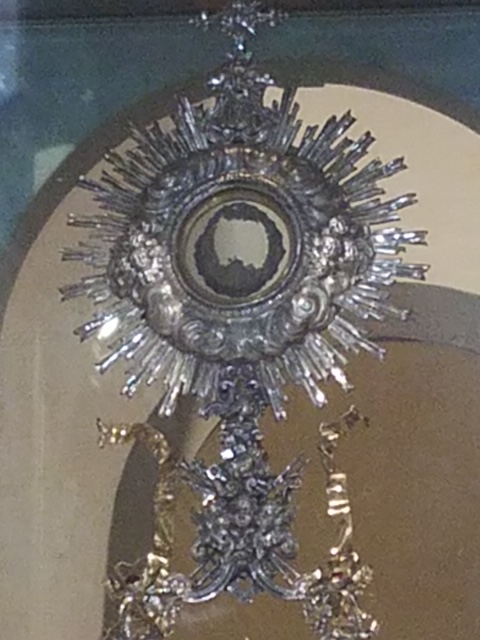


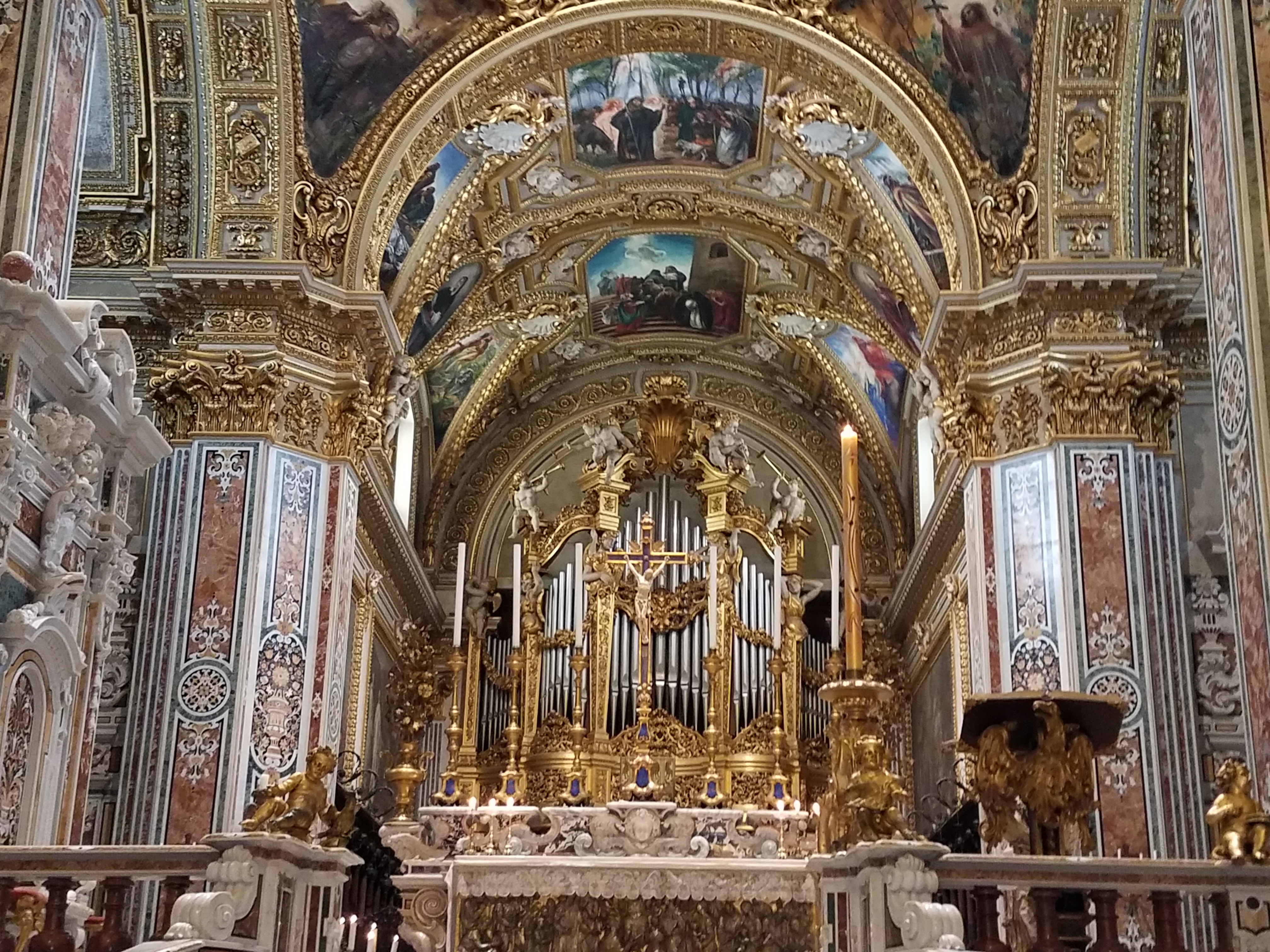
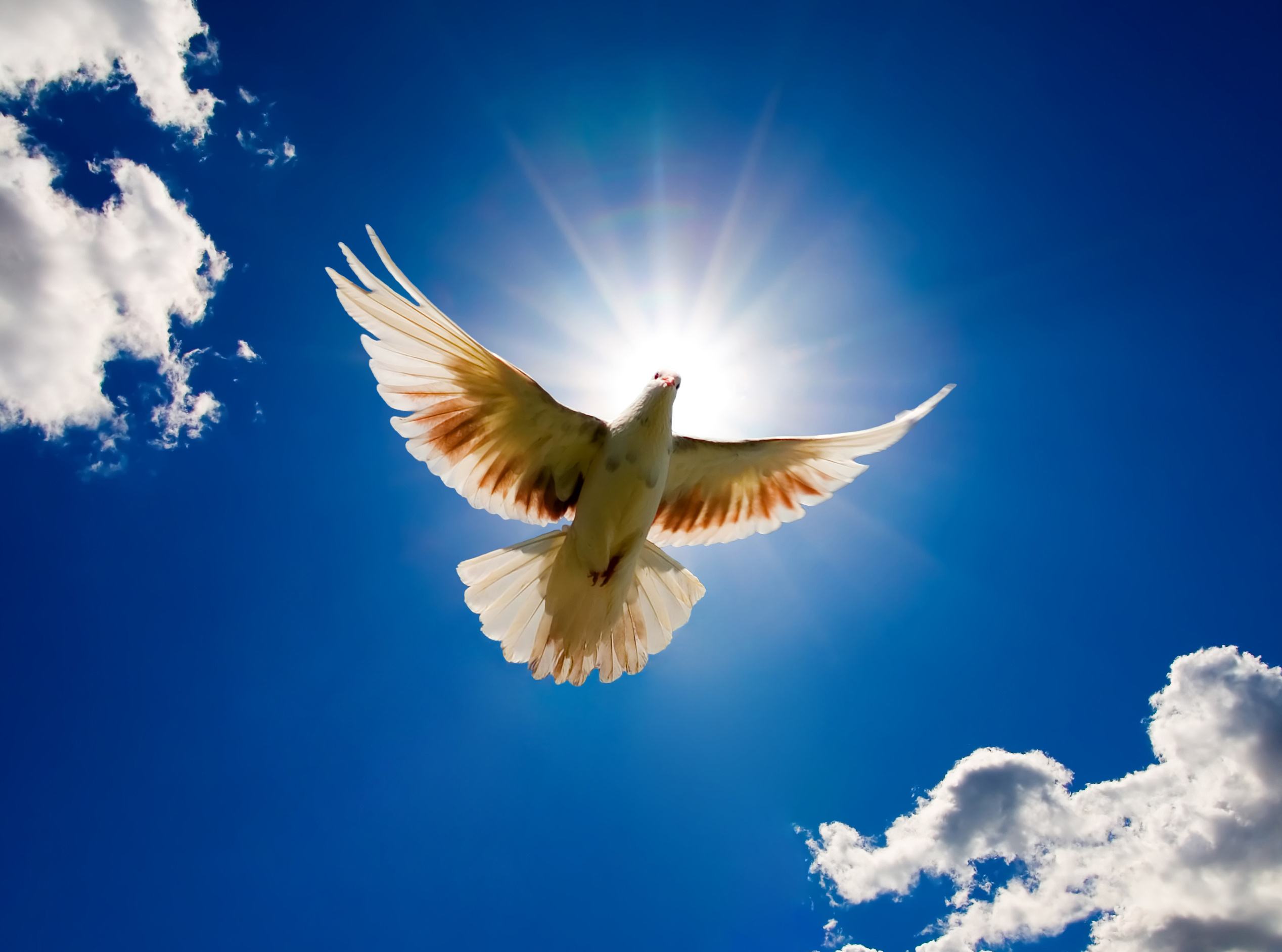

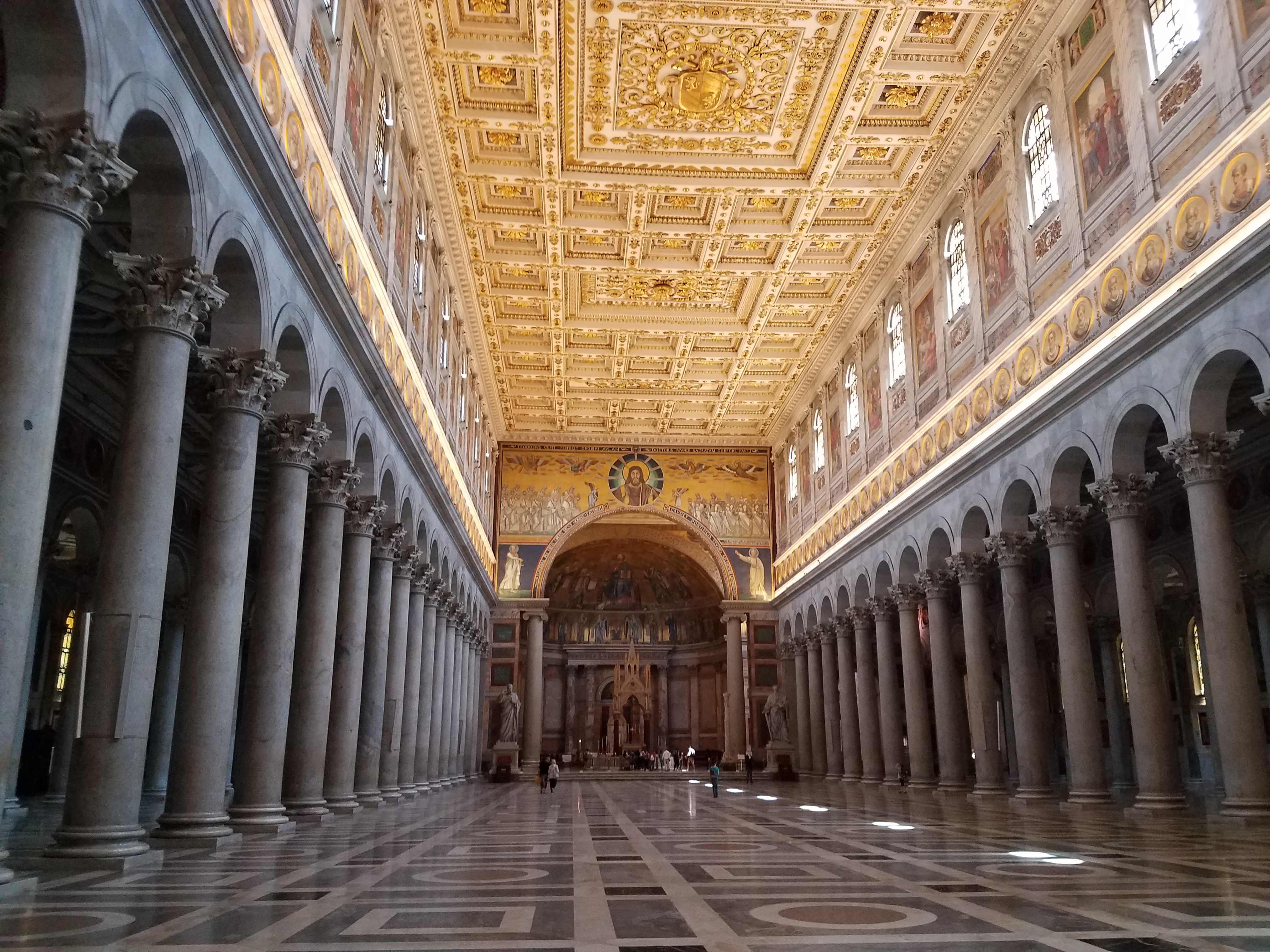
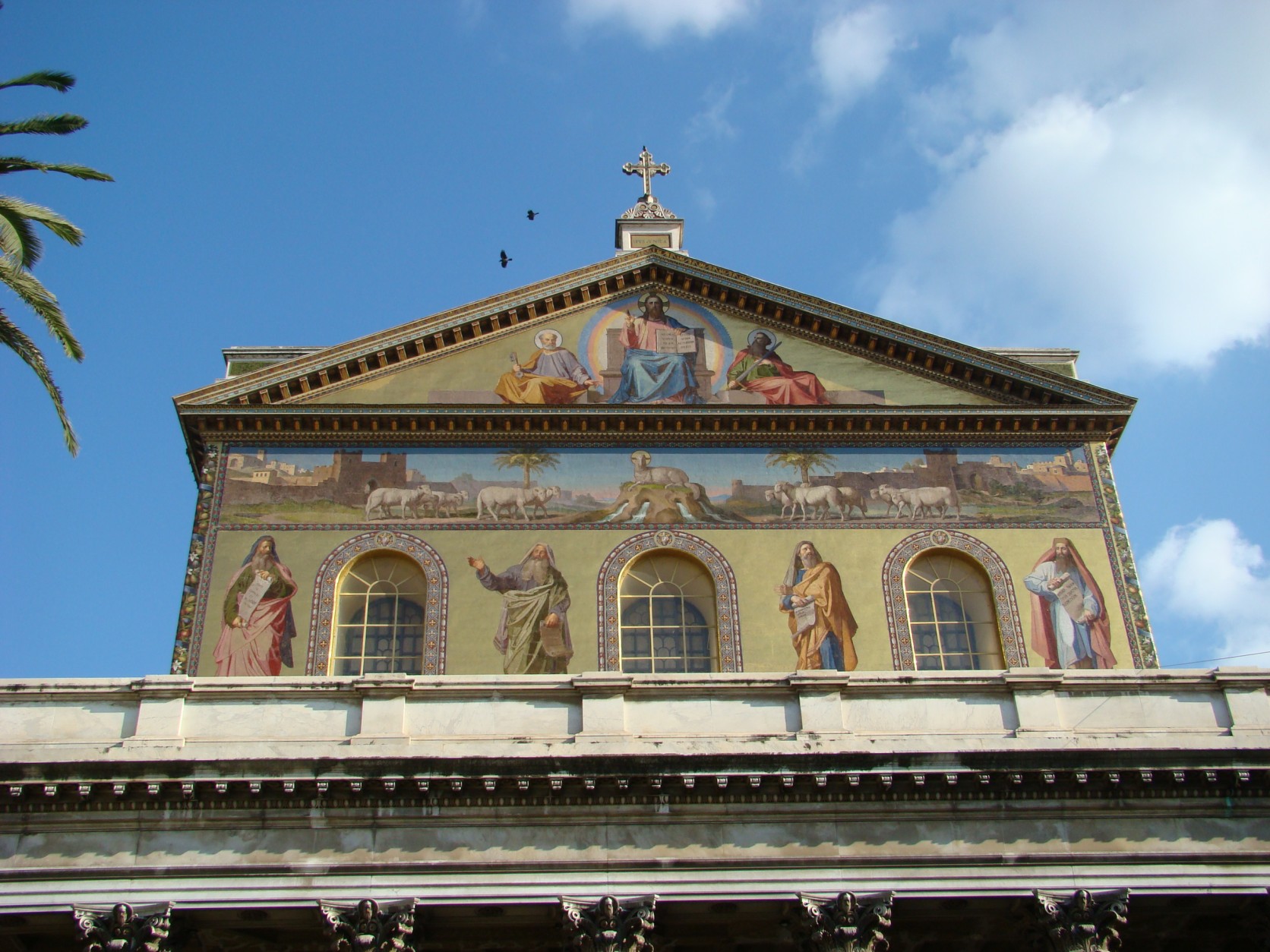

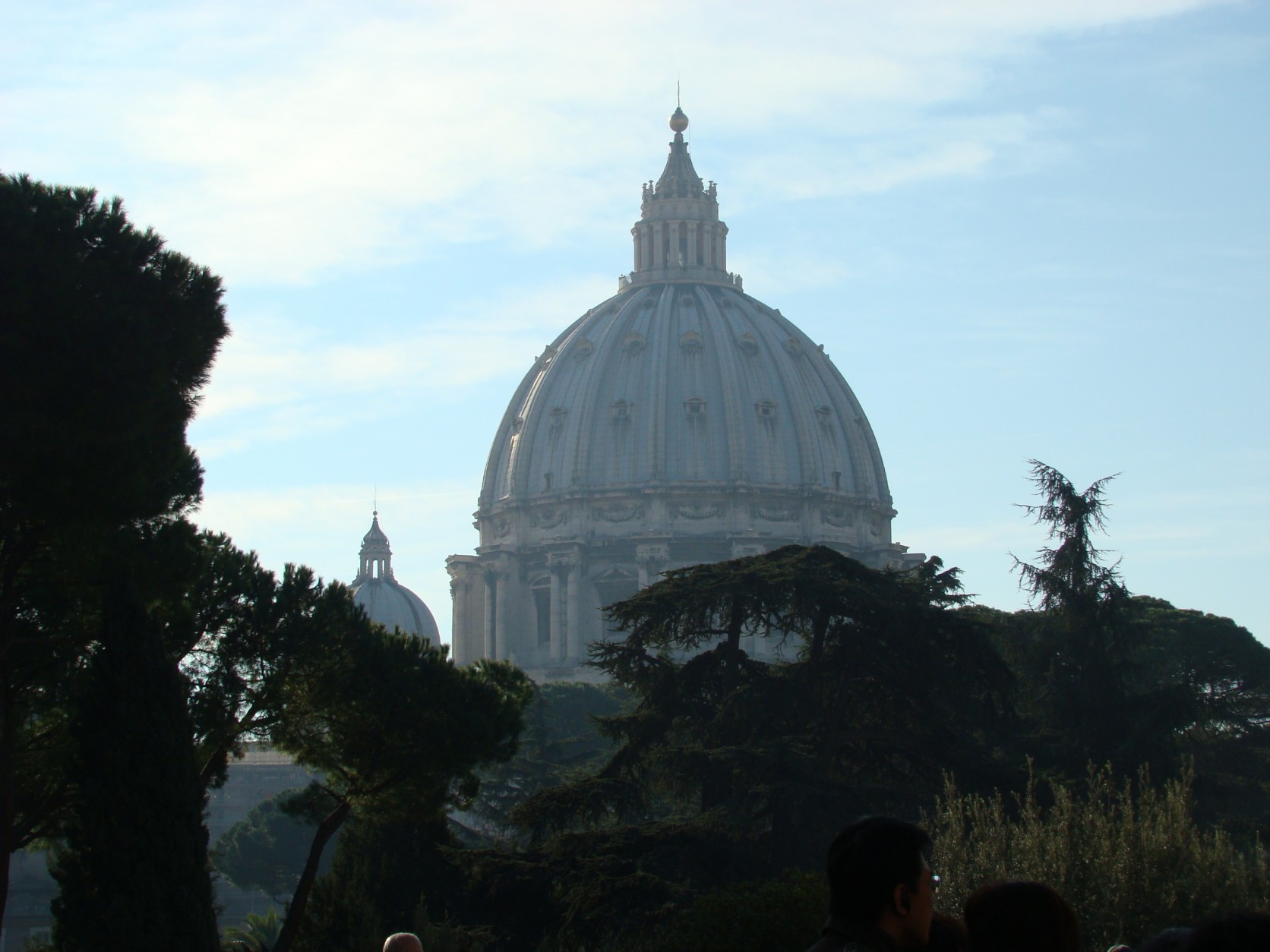

Recent Comments